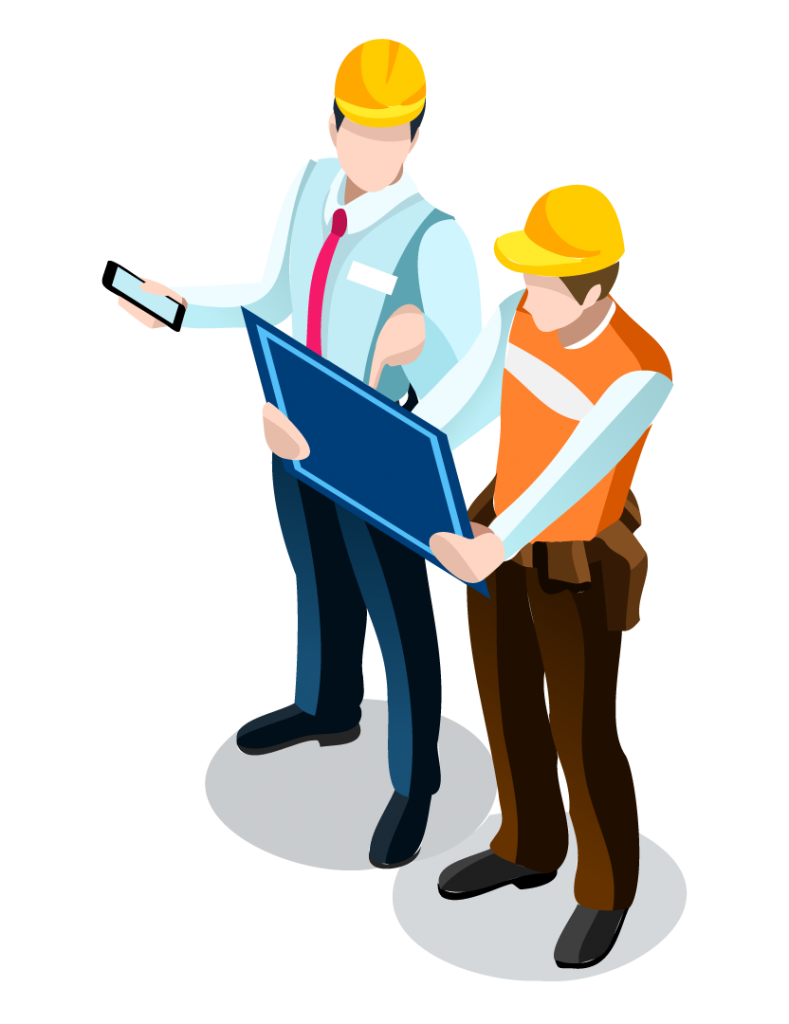How to start a career as a locomotive engineer
With over 49,422 kilometres of railway tracks, and multiple rail projects in the works, a career in rail and transport is quite lucrative in Canada. Becoming a locomotive engineer in Canada is an exciting career choice for those who have a passion for trains and a desire for a hands-on, dynamic profession. Operating trains and ensuring safe transportation of goods or passengers, locomotive engineers play a vital role in Canada’s rail industry. In this blog post, we will outline the steps and skills required to embark on the path to becoming a locomotive engineer in Canada.
What does a locomotive engineer do?
Locomotive engineers are responsible for transporting goods or passengers between stations. Their role includes inspecting the train before and after use, and monitoring locomotive instruments to maintain train speed, battery use and air pressure.
According to Glassdoor individuals in this role can expect an average salary of $110, 423 (CAD) per year and an average additional cash compensation of $3,528.
- Obtain High School Education:
A high school diploma or equivalent is typically the minimum educational requirement for becoming a locomotive engineer. Focus on subjects such as mathematics, physics, and mechanical or electrical technology to build a strong foundation for your future career.
- Research the Requirements:
Different provinces and rail companies may have specific requirements for locomotive engineer positions. Research and familiarize yourself with the specific qualifications, certifications, and regulations in your area.
- Complete a Railway Conductor Program:
Consider enrolling in a railway conductor training program. These programs provide comprehensive training in areas such as railway operations, rules and regulations, safety protocols, and locomotive handling. Look for programs that are recognized and accredited by industry organizations or railway companies.
- Gain Practical Experience:
To become a locomotive engineer, practical experience is essential. Seek opportunities to work as a railway conductor or in related roles within the rail industry. This will provide valuable firsthand experience in operating trains, understanding railway operations, and observing safety protocols.
- Acquire the Necessary Certifications:
Obtaining relevant certifications is a crucial step towards becoming a locomotive engineer. In Canada, certifications such as the Railway Conductor Certificate and the Locomotive Engineer Certificate are typically required. These certifications may involve written exams, practical assessments, and medical evaluations to ensure you meet the physical and mental requirements of the role.
- Build Technical and Mechanical Skills:
As a locomotive engineer, you will be responsible for operating and maintaining locomotives. Develop technical skills and mechanical aptitude by familiarizing yourself with locomotive components, systems, and troubleshooting techniques. Understanding the inner workings of locomotives will enhance your ability to handle and operate them effectively.
- Prioritize Safety and Regulations:
Safety is paramount in the rail industry. As a locomotive engineer, you must have a strong commitment to safety and adhere to strict regulations. Stay updated on industry safety protocols, rules, and regulations to ensure the safety of yourself, crew members, and passengers.
- 8. Continual Professional Development:
To excel as a locomotive engineer, embrace lifelong learning and professional development. Stay informed about industry advancements, technological changes, and new safety practices through workshops, seminars, and industry publications. This will demonstrate your dedication to the profession and help you stay ahead in your career.
- Job Hunt with a Recruitment Agency:
Start your career as a locomotive engineer with a recruitment agency. Working with a certified recruitment agency like Live Assets gives you access to recruiters who specialize in rail and transport. Rather than spending hours applying to job boards, a staffing firm can unlock the hidden job market jump-starting your career.
Becoming a locomotive engineer in Canada requires a combination of education, practical experience, certifications, and a commitment to safety. By following the steps outlined above and continually honing your skills, you can embark on a rewarding career operating trains, contributing to the rail industry’s efficiency, and playing a crucial role in Canada’s transportation infrastructure. Remember, a strong passion for trains, a focus on safety, and a dedication to ongoing learning will set you on the path to becoming a successful locomotive engineer.
About Live Assets | Leaders in Engineering Excellence | Greater Toronto Area
Live Assets is a premier engineering(rail/transit) agency dedicated to delivering excellence in engineering solutions across various industries.
Our agency is renowned for its expertise in engineering, and we take pride in our track record of delivering outstanding engineering projects with precision and innovation.
With a wide spectrum of clients spanning different industries, we cater to both permanent and contract engineering opportunities.
Discover more about our agency and stay updated on our latest developments through our social media channels:
